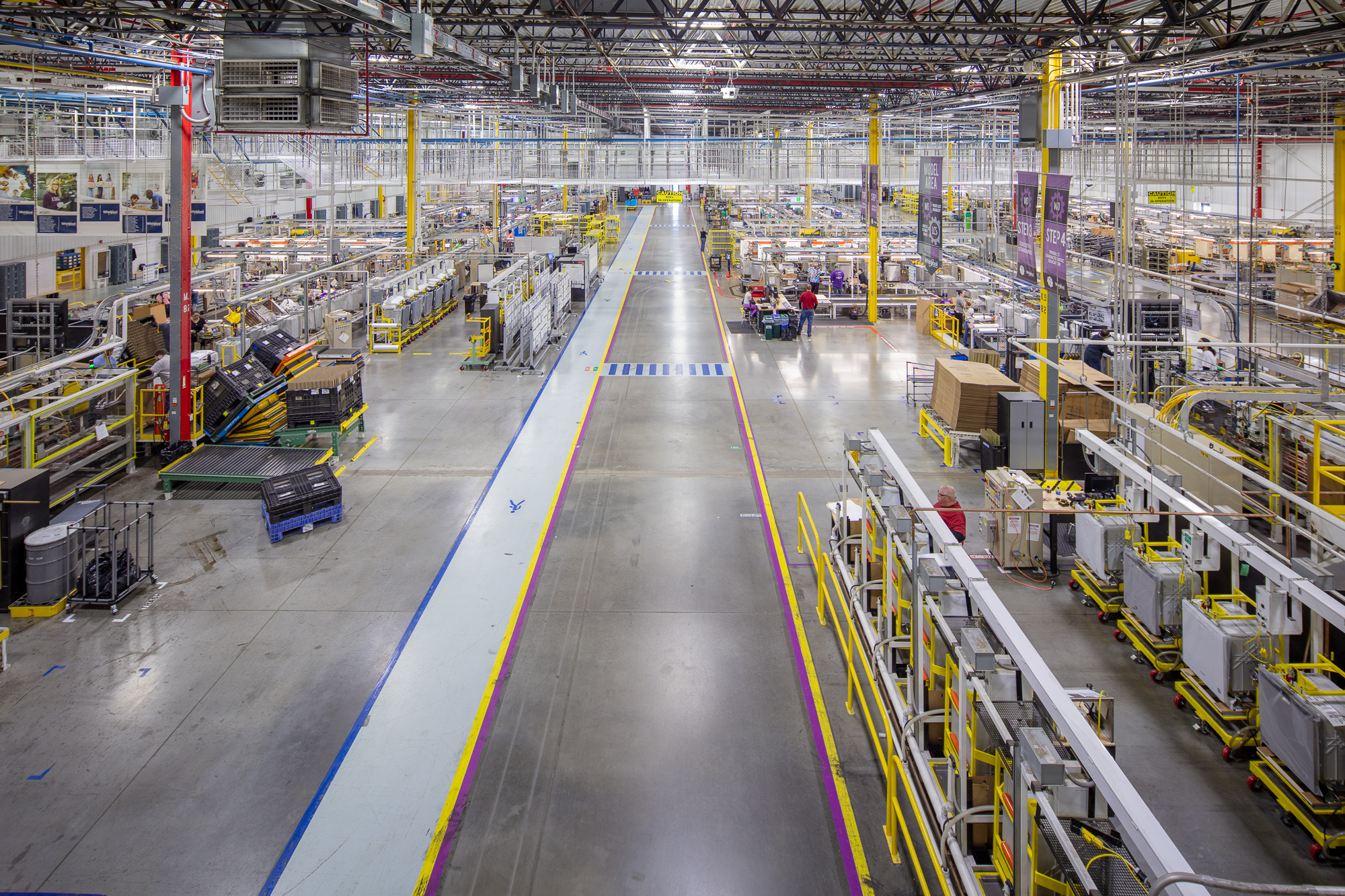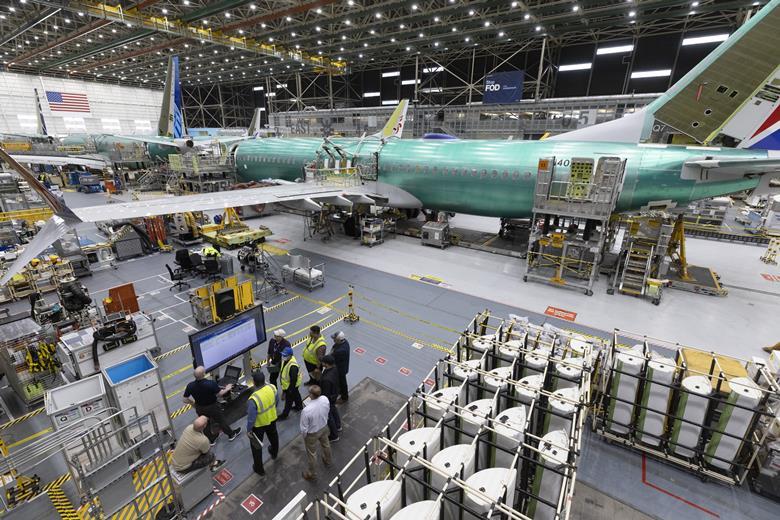In the search for greener pastures, businesses everywhere eagerly transition to nearshoring, as it helps streamline operations and supply chains. By nearshoring, businesses can benefit from faster transportation of goods and improved supply chain efficiency.
If you’re looking to streamline your operations and improve your bottom line, nearshoring may be the solution you’ve been searching for. But what is nearshoring exactly? In this blog, we’ll explain what is nearshoring in business, its various benefits, and examples.
Key takeaways
Here are the primary insights you can glean from this blog:
- Nearshoring is a business strategy where companies move their operations closer to the source of their inputs or the customer markets.
- Nearshoring can help companies improve their supply chain efficiency, reduce costs, and increase responsiveness to market changes.
- Examples of nearshoring include production consolidation and local sourcing.

Streamlining Operations and Enhancing Quality: Understanding Nearshoring in Business
Nearshoring in business operations is a strategy for companies to relocate their production and operations closer to the source of inputs or their customer markets.
This approach aims to improve efficiency, reduce costs, and enhance proximity to target markets for better supply chain management and customer relations.
Differences With Other Business Approaches
Now that you know what nearshoring is, let’s identify the distinctions between nearshoring and other business approaches, such as offshoring, outsourcing, and onshoring.
Nearshoring vs Offshoring
Nearshoring is relocating operations and manufacturing processes closer to customer markets or raw materials, contrary to offshoring which involves sending them farther away.
The intention behind nearshoring is to bring about cost savings and improve efficiency and client relationships; however, with offshoring, businesses can take advantage of cheaper labor costs in other regions.
Nearshoring vs Outsourcing
While an outsourcing model involves working with a third-party provider in a different country or region to handle specific operations or production activities, nearshoring involves relocating operations and production closer to the source of inputs or customer markets, such as a nearby country or state.
Outsourcing is often chosen for cost savings and access to specialized expertise, while nearshoring is chosen for improved efficiency, reduced costs, and enhanced customer relations.
Nearshoring vs Onshoring
Onshoring relocates operations and production back to one’s home country, while nearshoring means transferring activities closer to the source of materials or customer markets. Businesses tend to opt for onshoring to gain greater oversight and visibility over their processes.
Meanwhile, nearshoring is more frequently used due to its cost savings potential, improved efficiency, and better customer service.

Maximizing Supply Chain Efficiency with Nearshoring
In today’s fast-paced business environment, maximizing supply chain efficiency is critical to success. Here are the many advantages of nearshoring in maximizing supply chain efficiency:
Enhanced Site Visibility and Improved Communication
With nearshoring, frequent visits to the manufacturing site become possible, leading to better control over intellectual property and reduced instances of cultural and language differences. The closer proximity also places the facility into similar time zones, facilitating better communication.
Faster Transit to the Market and Delivery to Customers
Moving from the manufacturing site to the ultimate customer is quicker, resulting in faster shipping. This improved supply chain control can lower customs and duty charges, leading to a more efficient process.
Quality and Control
It provides more oversight and control of the process, leading to a higher-quality product. It also reduces the risk of digital disruption and enhances the overall efficiency of the supply chain.
Improved Communication through Similar Time Zones
Nearshoring often places the facility in a similar time zone, making it easier for businesses to communicate with their suppliers and manufacturers, improving efficiency and productivity.
Increased Market Speed
By being able to expedite the delivery of products to consumers, businesses can stay ahead of their competition and be quick to adapt as market conditions change.
Better Control of the Supply Chain
Businesses can directly and comprehensively impact all aspects of their operations by taking ownership of their supply chains, from product development to delivery.
Lower Customs and Duty Costs
Businesses can save money on customs and duty costs by moving closer to the customer market. Through nearshoring, manufacturers can cut back significantly on cross-border trade, thus reducing unnecessary expenses.
Improved Quality through Enhanced Process Oversight
Nearshoring offers organizations greater oversight and command over their production processes, resulting in higher quality standards while mitigating the risk of mistakes.
Reduced Risk of Digital Disruptions
By connecting closely with technology partners and suppliers, nearshoring can minimize the risk of digital disruptions like cyberattacks for businesses.
Control of Intellectual Property
Whether through improved face-to-face interactions, reduced risk of IP theft and mismanagement, or better management of proprietary technologies, nearshoring provides companies with a powerful tool for improving control over their intellectual property that traditional outsourcing simply cannot match.
Real-World Success Stories: How Brands are Implementing Nearshoring
Discover how leading brands leverage the advantages of nearshoring by exploring real-world success stories in optimizing their supply chain management. Here are five nearshoring examples of how companies have incorporated it into their business practices:

Whirlpool
As one of the world’s leading home appliance manufacturers and marketers, Whirlpool has been at the forefront of supply chain innovation for decades. In 1987, the company made the strategic decision to relocate its operations to Mexico, and since then, it has been reaping the benefits of nearshoring.
As a result, the company now exports 80% of its machines, including refrigerators, washing machines, miniature refrigerators, and stoves, directly from its Mexican facility to the United States and Canada, delivering real-world results for the brand.

Unilever
Unilever has made a significant investment in nearshoring, focusing on reducing lead times, improving product quality, and increasing its speed to market.
The company has relocated production to Europe and the Americas, which has allowed it to serve its customers better, reduce its carbon footprint, and increase its supply chain resilience.

Boeing
Boeing, the renowned American aerospace corporation that crafts airplanes, satellites, rockets, and other communication equipment, is proud to have French multinational Safran as its wiring provider.
Ranked third globally in terms of Aerospace solutions, Safran provides Boeing with only the best quality components. For 25 years, Safran has proudly served Mexico and, in 2020, opened an exciting new facility in Chihuahua. Boeing also decided to nearshore their aircraft wiring plant to Mexico in 2019.
Currently, 95% of the wiring on the popular 787 Dreamliner is created at Safran’s Mexican factory—a testament to this partnership between two leading aerospace companies: Airbus and Boeing.

Coca-Cola
Coca-Cola has focused on nearshoring for many years, aiming to reduce its supply chain risks, improve product quality, and increase market speed.
The company has relocated production facilities closer to its customers, which has allowed it to improve its lead times, reduce its transportation costs, and enhance the freshness of its products.

Toyota Motor
Toyota Motor Corporation took a huge leap and opened its second production unit in Thailand in 1996. Since then, they have expanded to three plants and several manufacturing operations located worldwide, such as Thailand, Indonesia, India, and Venezuela, to name a few.
Experiencing The Benefits of Nearshoring and Achieve Operational Excellence
The key to successful nearshoring lies in having the right infrastructure and resources and overcoming challenges such as cultural and business practices, language barriers, and risk management. Overall, nearshoring offers a promising opportunity for the FMCG industry.
Ready to Take Your FMCG Supply Chain to the Next Level with Nearshoring? Let Hopewell Logistics Help
For businesses, nearshoring is an advantageous strategy that affords cost-efficiency, accelerated turnarounds, enhanced product quality, and a more agile supply chain. In essence, it’s the ideal way to define nearshoring.
Nearshoring benefits in the FMCG industry are expected to significantly impact the industry as companies aim to increase efficiency and reduce costs. With nearshoring, FMCG companies can:
- respond quickly to changes in consumer demand
- reduce their carbon footprint
- improve their supply chain agility
- build stronger relationships with suppliers
- achieve better quality control

Have you been searching for the right solution to elevate your Fast-Moving Consumer Goods Supply Chain? If so, Hopewell Logistics is here to help! Nearshoring has become a go-to strategy in recent years, and now with Hopewell, it’s easier than ever.
Let us be your partner as we create a tailored approach that will take your business supply chain operations beyond expectations.






